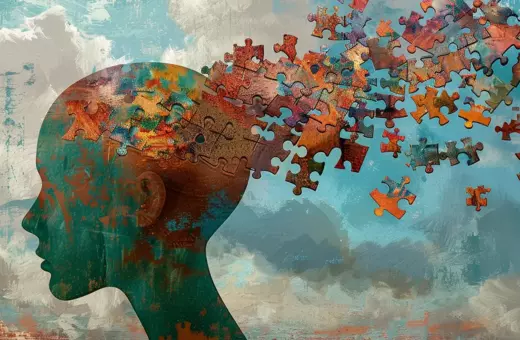The topic of free will continues to be a hotbed for discussion and disagreement. The most pressing questions remain: What is free will? And how does it affect the notion of moral responsibility? Here, Derk Pereboom and Dana Nelkin tussle over this issue, and disagree on whether we possess sufficient free will to hold us morally responsible. In spite of this, however, they both assert that we can maintain a stable criminal justice system in which punishment plays a prominent role.
I believe that at least much of the time we act freely and in such a way that we are morally responsible for our actions and their consequences. This means that we are eligible to be blameworthy or praiseworthy. When you decided to read this article, you likely did so freely. When you expended some effort to help someone else just for their sake, you were likely morally responsible for it, and in a way that makes you praiseworthy; when you didn’t take as much care as you should have and thereby wronged someone else, you might also have been morally responsible, and blameworthy, for it. While we tend to simply take for granted that we are free and responsible in these ways, questions naturally arise, including whether we are simply under an illusion in assuming we are generally free and responsible for what we do. In answering these questions, I will need to say more about what I take moral responsibility to be, how skeptical arguments can be answered, despite their initially surprising strength, and what is at stake.
___
___
Let’s start at the beginning. What do we mean by free action and moral responsibility? For present purposes, I’m going to focus mostly on moral responsibility, and will take it that the kind of freedom we are interested in is whatever is required for us to be responsible agents. Though “responsibility” can mean different things, what I’ll focus on here is a notion of accountability, the idea that people can be accountable for their actions. In turn, this means that it is legitimate to make demands of others and of ourselves and to hold them and us to moral obligations. Being accountable is also generally agreed to entail that when one acts wrongly, it can be appropriate to respond with certain moral attitudes, such as resentment, indignation, or guilt. Though it is a source of more debate, I believe that being accountable also entails that one is a candidate for desert; if one acts wrongly while being accountable, and so is blameworthy, one deserves something of a negative valence, to have one’s interests set back in some way (which needn’t come to anything like the kind of treatment prevalent in the criminal justice system in the United States); if one is praiseworthy, on the other hand, one deserves something of a positive valence. In sum, then, the notion of moral responsibility we are interested in has a central place in a whole set of interpersonal practices and ways we treat each other. We hold each other to account, we have reasonable expectations of each other, and we respond to each other with both positive and negative moral attitudes when those are unmet, met, or exceeded.
___
___





















Join the conversation